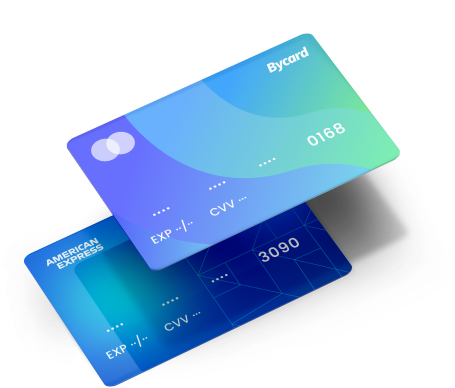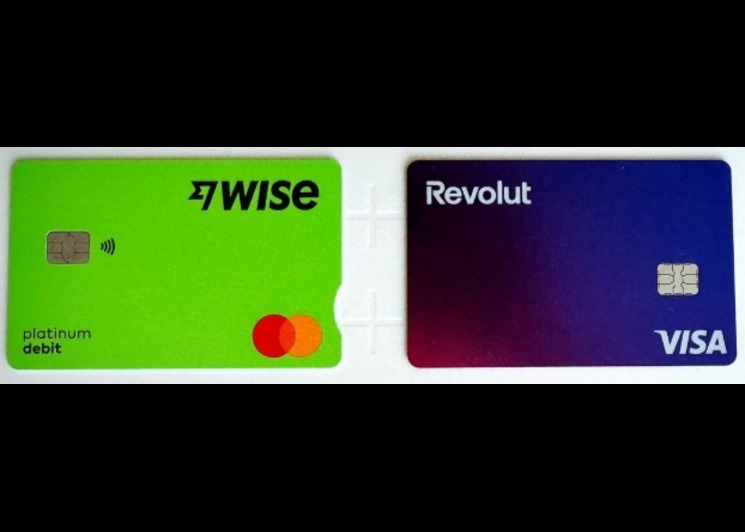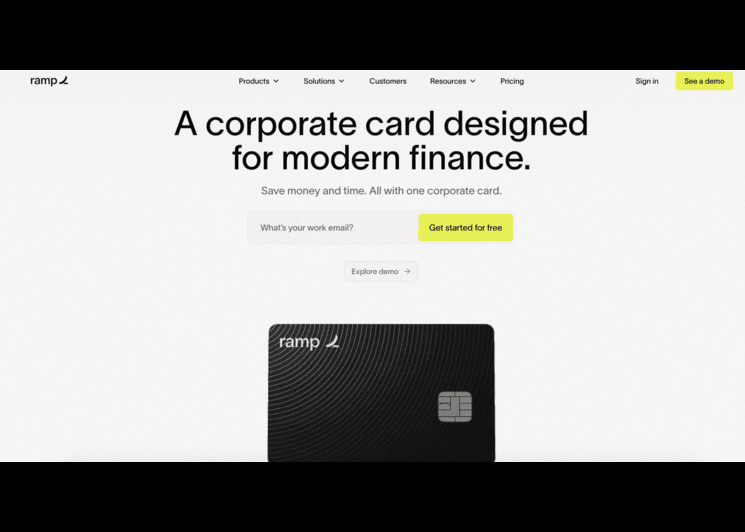What Are Prepaid Cards? Exploring its Payment Usage For Users

A prepaid card is a versatile payment method that allows you to load money in advance and spend within your limit. Unlike a credit card, you don’t borrow, and unlike a debit card, your main bank account isn’t exposed. Instead, you fund the prepaid card through transfers or deposits, making it an effective budgeting tool and a secure option for digital payments.
Prepaid vs Debit vs Credit Cards: What’s the Difference?
- Prepaid card: Load funds in advance; perfect for fraud protection and managing business expenses.
- Debit card: Linked to your bank account; good for everyday spending.
- Credit card: Borrow against a line of credit; helps build credit history but carries risk of debt.
How Do Prepaid Cards Work?
At their core, prepaid cards function like a bridge between cash and digital payments. You load money onto the card before use, and then spend only what’s available. This makes them a flexible tool for both individuals and businesses, especially when managing business expenses or controlling employee spending. Here’s how they operate:
- Funding & Reloading Options
A prepaid card can be funded in different ways via bank transfer, cash deposit, or employer disbursement. Many come as a reloadable card, making them reusable for employee spending and recurring business expenses.
- Spending, Limits & Expiration
Your prepaid card spending is limited to its loaded balance, unlike a credit card which allows borrowing. Some issuers place daily transaction caps, but this feature doubles as a budgeting tool. Cards can also have expiration dates, but funds are often transferable to a replacement card.
Where Are Prepaid Cards Accepted?
Most prepaid cards are accepted wherever debit cards or credit cards are used, whether in-store, online, or for digital payments. However, some merchants (e.g., car rentals, hotels) may prefer a credit card because of deposit requirements.
Prepaid vs Debit vs Credit Cards: Key Differences

At a glance, prepaid, debit, and credit cards look almost identical, they all swipe, tap, or enter numbers online. But underneath, they work very differently. The card you choose affects how you manage money, protect against fraud, build credit, and even handle business expenses. Understanding the key differences helps you avoid debt, pick the right tool for your goals, and take advantage of digital payments more wisely.
What Makes Each Card Type Unique?
- Prepaid card: A prepaid card is pre-funded, you load money onto it in advance and can only spend what’s available. Because it’s not tied to your bank account, it offers strong fraud protection and peace of mind for both individuals and businesses.
- Debit card: A debit card connects directly to your bank account. Purchases and withdrawals pull money straight from your balance, making it convenient for everyday spending and ATM access.
- Credit card: A credit card provides access to borrowed money from a bank or card issuer, which you repay later. It’s valuable for building credit history, earning rewards or cashback, and covering large or emergency expenses.
Side-by-Side Comparison
| Feature | Prepaid | Debit card | Credit card |
| Funding source | Pre-loaded with your own money | Directly linked to your bank account | Borrowed money from Bank/ issuer |
| Debt Risk | None | Low | High |
| Fraud Protection | High | Modeate | High |
| Credit Building | No | No | Yes |
| Ideal for | Business expenses, teens, travel, ads, budgeting | Daily purchases, ATM withdrawals | Building credit, rewards, big purchases |
Which Card Should You Choose?
If you want control without debt, a prepaid card is the smarter option. For direct access to your own funds, a debit card works fine. And if your goal is building credit or leveraging rewards, a credit card is the right choice.
Types of Prepaid Cards & Alternatives
- Reloadable prepaid cards: Best for long-term budgeting tools.
- Gift/Non-Reloadable Cards: Single-use.
- Virtual prepaid cards: Ideal for subscriptions, online ads, and digital payments.
- Business expense cards: Simplify employee spending with set limits.
- Alternatives: Business debit cards, secured credit cards, expense management platforms, and multi-currency wallet
Benefits of Using Prepaid Cards

Using a prepaid card comes with several advantages for both individuals and businesses. Beyond basic convenience, they serve as a practical budgeting tool, enhance fraud protection, and provide flexibility for personal finance and business expenses. Whether you’re shopping online, managing employee spending, or paying for travel, the right prepaid card can help you stay in control.
- Control Your Spending Without Debt
Unlike a credit card, a prepaid card doesn’t let you spend money you don’t have. This makes it ideal for anyone looking to stay within budget and avoid debt. It’s particularly useful for households, students, or businesses that want a reliable budgeting tool to track and limit expenses.
- Enhanced Fraud Protection
Because a prepaid card is not directly linked to your bank account, it acts as a buffer against unauthorized transactions. If compromised, only the loaded balance is at risk, making it safer than using a debit card or credit card for online digital payments.
- Ideal for Teenagers, Travel, or Freelancers
A reloadable card gives parents peace of mind by setting spending limits for teenagers. For travelers, it’s a secure alternative to carrying cash abroad. Freelancers benefit too, using virtual cards to manage subscriptions, pay international clients, and cover work-related business expenses.
- Perfect for Subscriptions & Ads
For recurring charges like streaming services, SaaS tools, or ad platforms, a virtual card tied to a prepaid card is the smarter choice. It prevents overspending, separates personal and business expenses, and offers better control when running campaigns on Google, Meta, or TikTok ads.
Limitations of Prepaid Cards
- No Credit Building: Only a credit card improves credit history.
- Acceptance Issues: Some merchants require a debit card or credit card.
- Possible Fees: Some prepaid cards charge activation, monthly, or FX fees.
- Not for Heavy Spending: A debit card or credit card may be more convenient for high-volume use.
Who Should Use Prepaid Cards?
- Budget-Conscious Consumers: Use a prepaid card as a budgeting tool.
- Parents of Teenagers: Load a reloadable card to monitor employee spending-like control for kids.
- Businesses: Manage business expenses without issuing a company credit card.
- Freelancers & Media Buyers: Use virtual cards for ads and subscriptions.

Best Card for transaction

Commercial Use Cases: Prepaid Cards for Business
- Marketing & Ad Spend: Control budgets across Google, Meta, and TikTok with virtual cards.
- Employee & Contractor Expenses: Assign reloadable cards for controlled employee spending.
- Affiliate Teams / Media Buyers: Run multi-accounts securely with prepaid cards instead of risking a personal debit card.
What to Look for in a Prepaid Card Provider
- Transparent Fees: Avoid hidden charges.
- Merchant Acceptance: Strong BIN for global digital payments.
- Mobile Dashboard: Track employee spending and business expenses.
- Virtual vs Physical Options: Decide if you need a virtual card or physical card.
- Global Reach & FX Support: Useful for international digital payments.
- Spending Limits: Check if the prepaid card caps match your usage.
Conclusion
A prepaid card is more than just plastic, it’s a smart budgeting tool for individuals and a safeguard for business expenses. While a credit card builds credit and a debit card connects to your bank, a prepaid card balances control with security. Businesses especially benefit from virtual cards that simplify ad spend, employee spending, and fraud-safe digital payments. With reliable virtual cards, transparent fees, and strong fraud protection, Bycard gives both individuals and companies the flexibility and control they need to manage business expenses, without the risks tied to traditional credit cards or debit cards.






